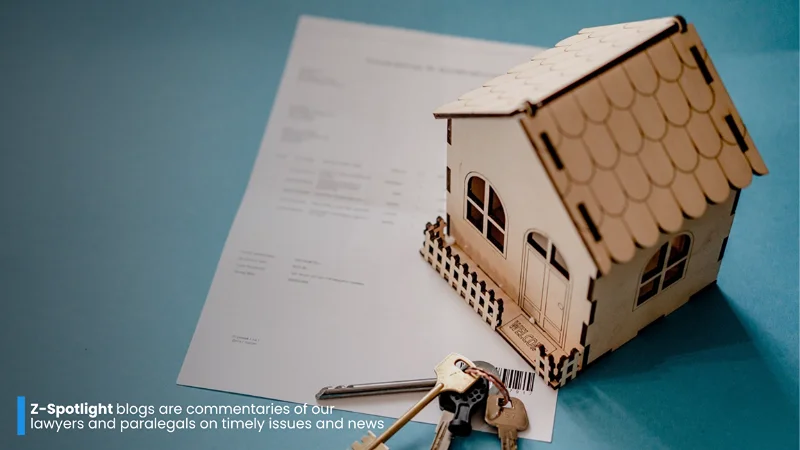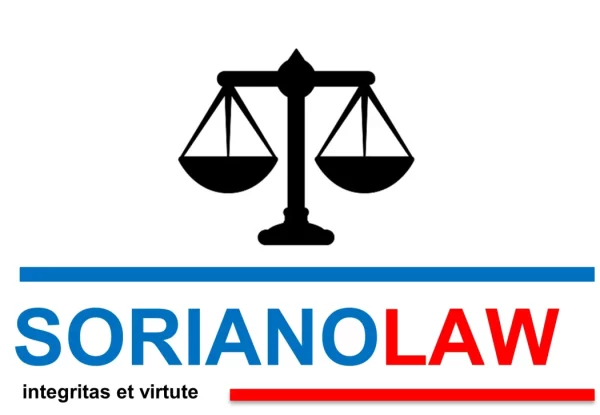
Image by Oleksandr Pidvalnyi from Pixabay
With all the noise on the taxability of the prizes of our Filipino Olympians, it reminds me of the tax obligation that’s literally closer to home—real property tax. Let me take this opportunity to bring up the two-year real property tax amnesty, which cover penalties, surcharges, and interests from all unpaid real property taxes (RPTs), including Special Education Fund, idle land tax, and other special levy taxes under the Real Property Valuation and Assessment Reform Act (RPVARA), which was signed into law on June 13, 2024.
As the law provides, within two years after its effectivity, a delinquent property owner can avail the relief either as a one-time payment or installment basis. The said amnesty, however, does not extend to: (a) delinquent real properties which have been disposed of at public auction to satisfy the real property tax delinquencies; (b) real properties with tax delinquencies which are being paid pursuant to a compromise agreement; and (c) real properties subject of pending cases in court for real property tax delinquencies. This law, granting relief to delinquent property owners for having their real property tax unpaid, is expected to encourage tax compliance, among others.
RPT or real property tax is the tax imposed on real property by the LGUs in the Philippines. As provided for under the Local Government Code, a province or city or a municipality within the Metropolitan Manila Area has the power to levy real property tax, or also called as an annual ad valorem tax on real property such as land, building, machinery, and other improvement, unless exempted. On top of this basic real property tax, LGUs may likewise impose special levies on real property, such as: 1% annual tax on the assessed value of real property that shall exclusively accrue to the Special Education Fund (SEF); annual tax on idle lands at the rate not exceeding 5% of the assessed value; and the special levy on the lands comprised within its territorial jurisdiction especially benefited by public works projects or improvements funded by the LGU concerned for a rate not exceeding 60% of the actual cost of such projects and improvements, including the costs of acquiring land and such other real property in connection therewith.
Although for some paying real property tax may be burdensome, compliance with the same is necessary. Collection from the real property tax serves as an important source of revenue to finance the funding requirements of the LGUs. It provides for stable funding and aids LGUs to deliver their public service.
